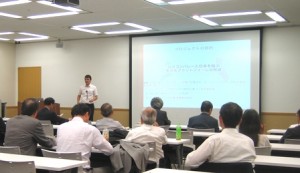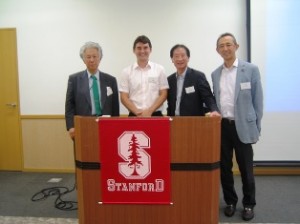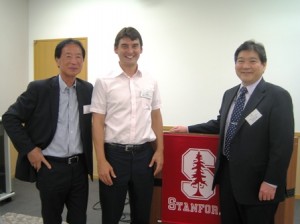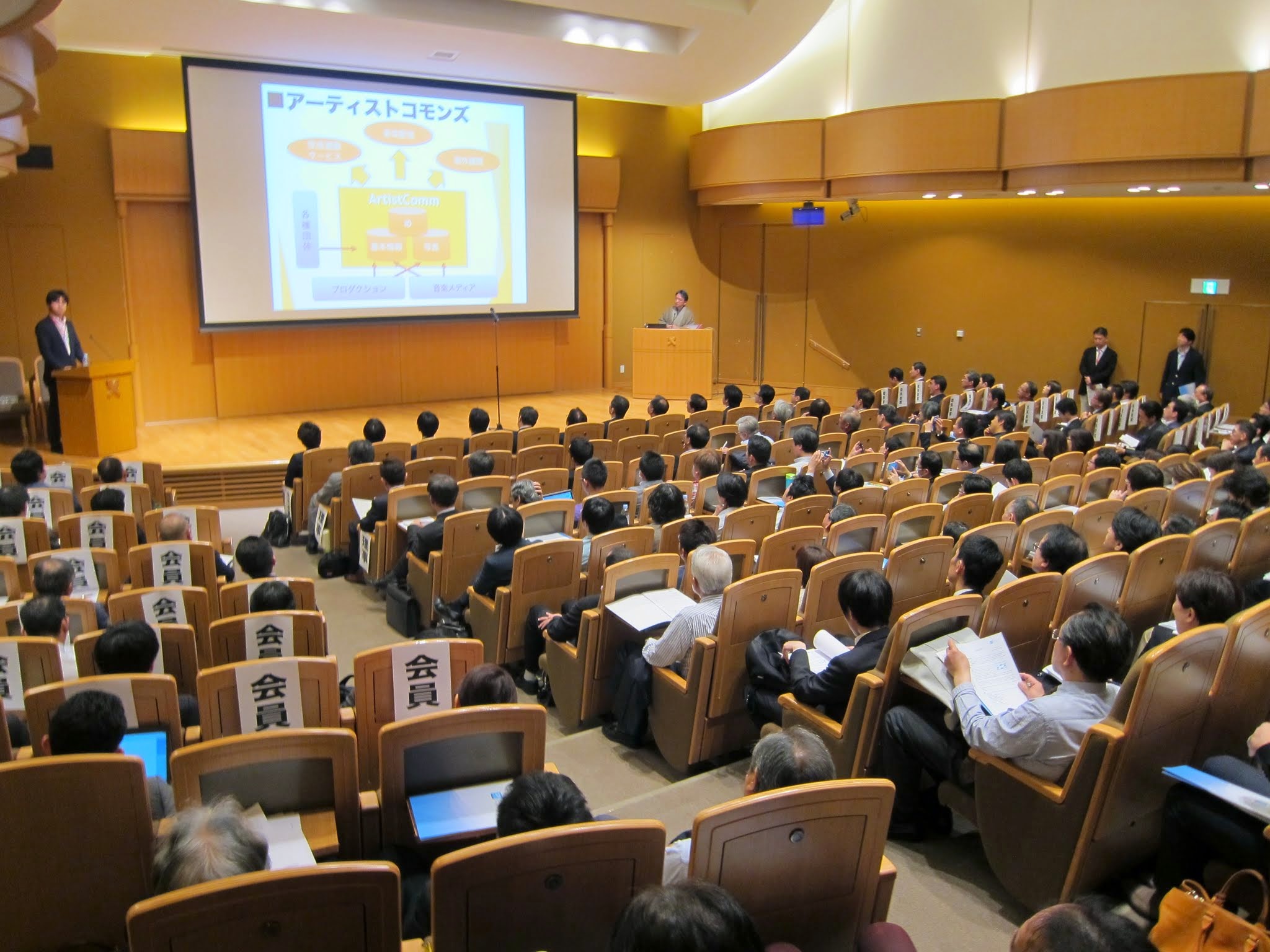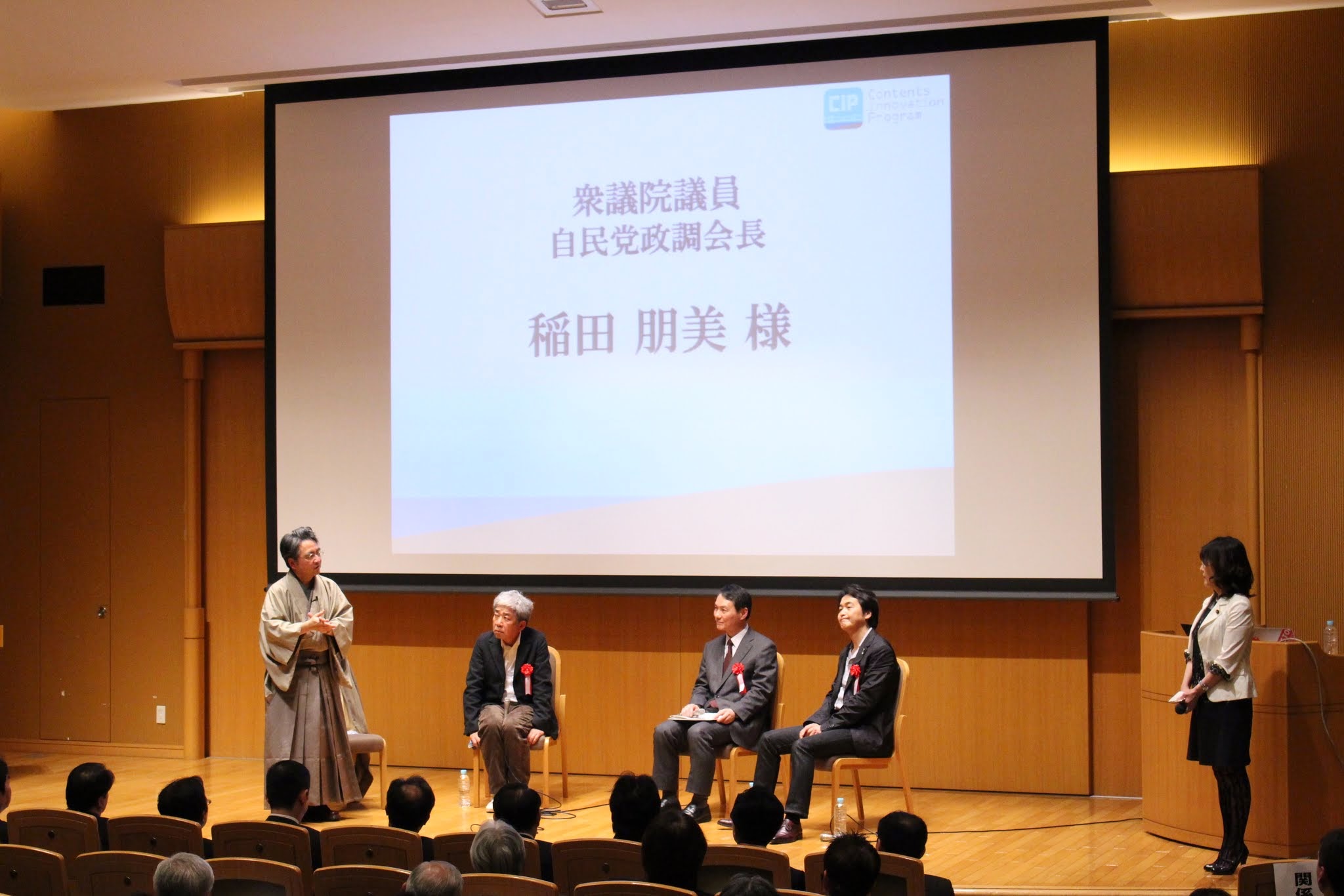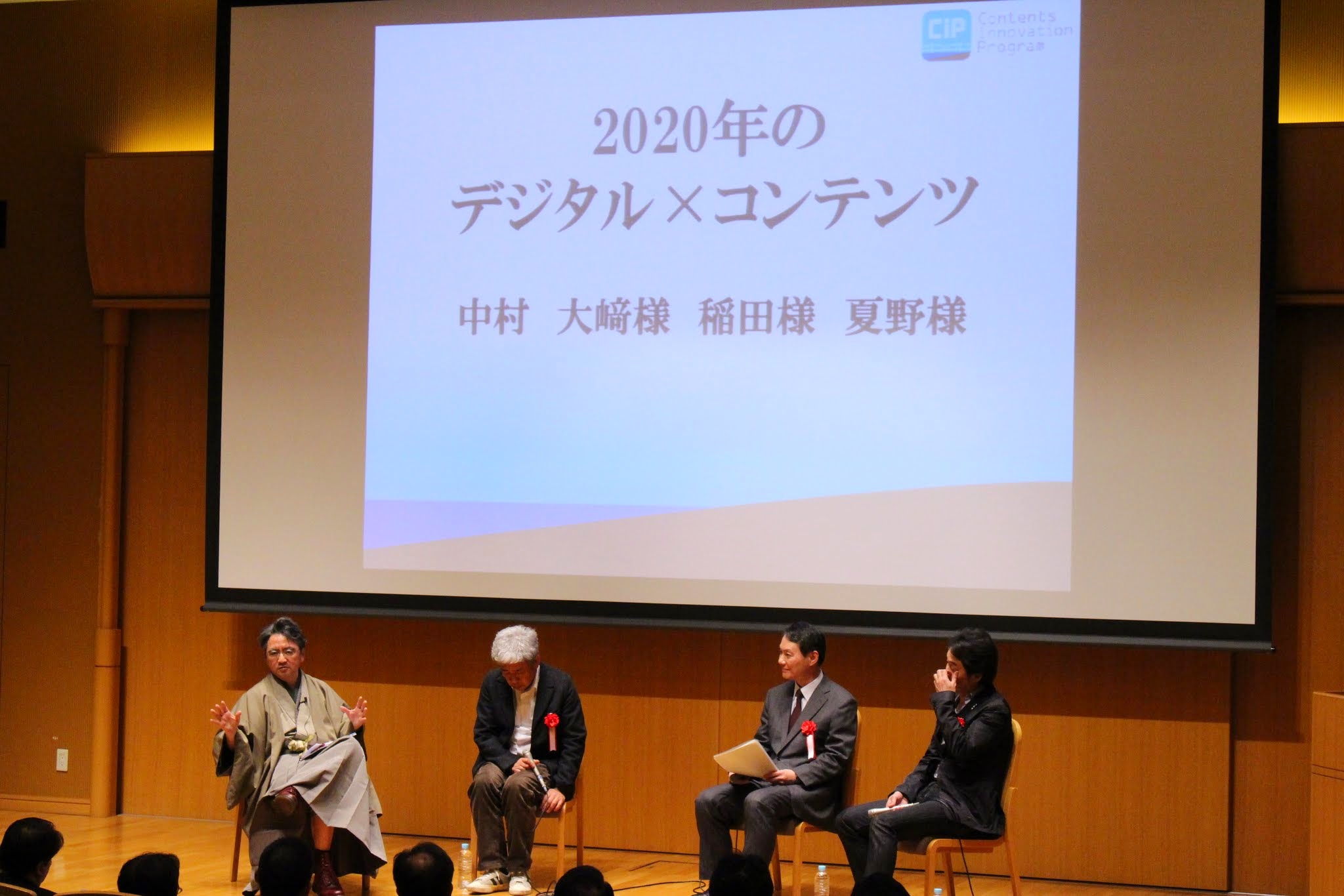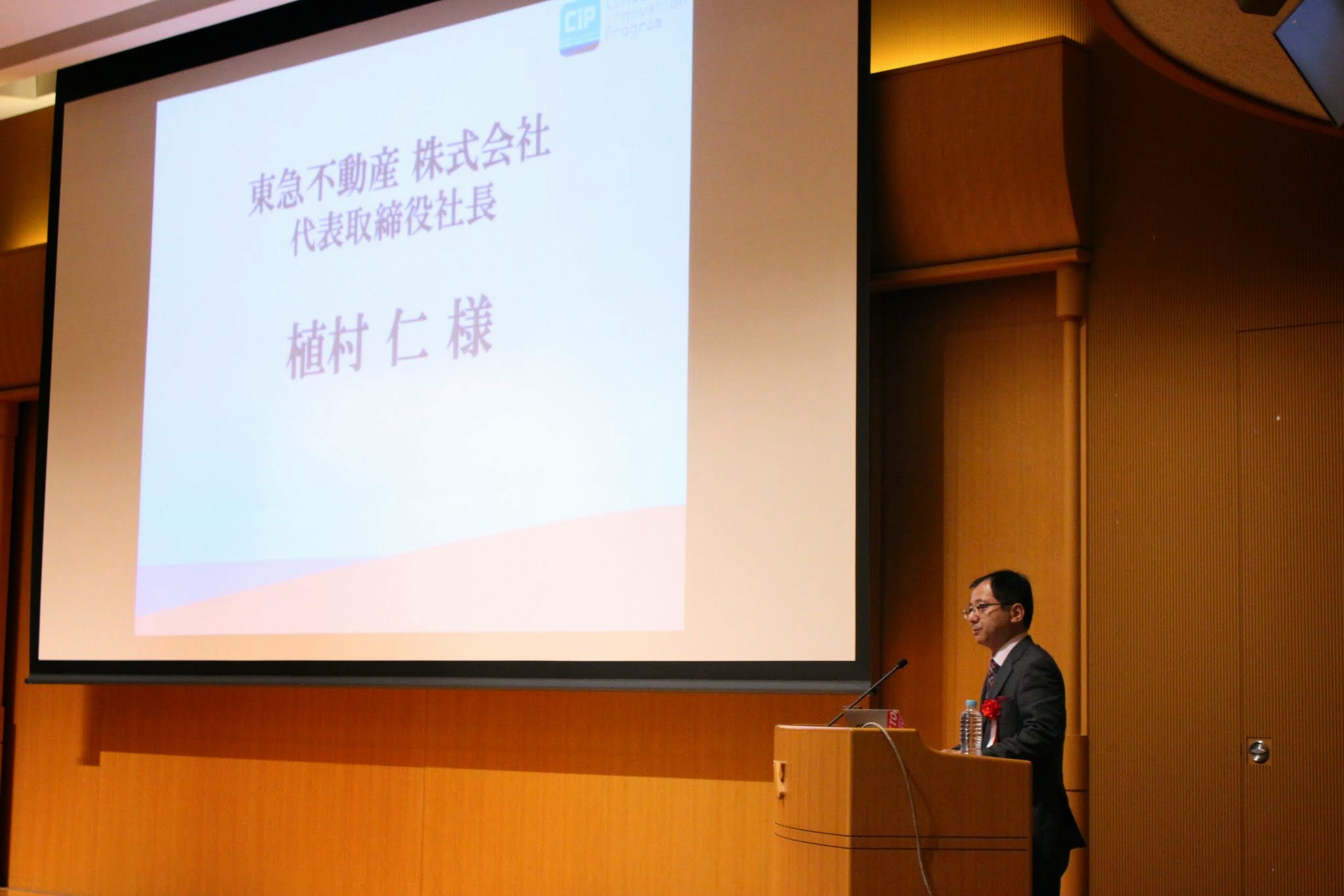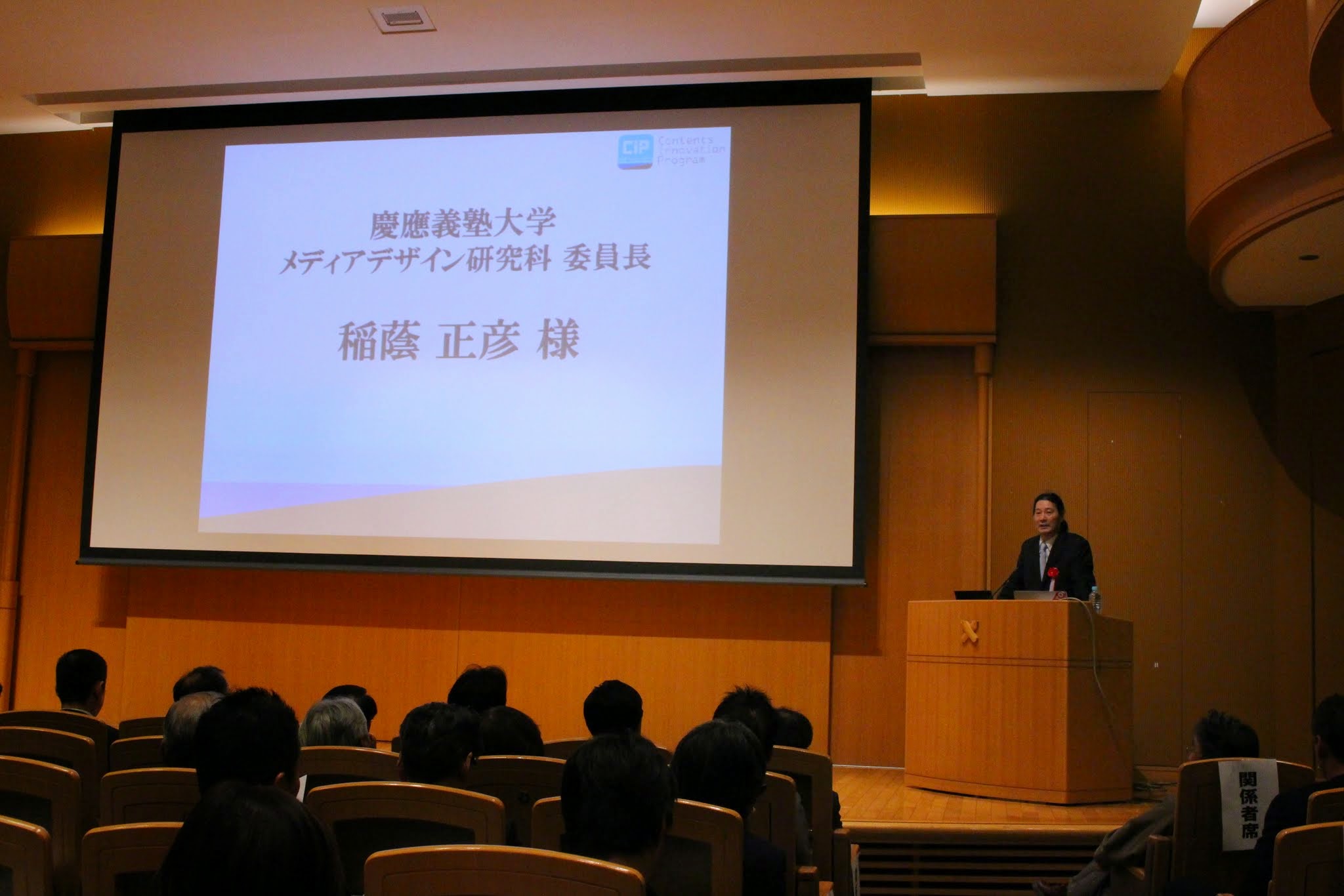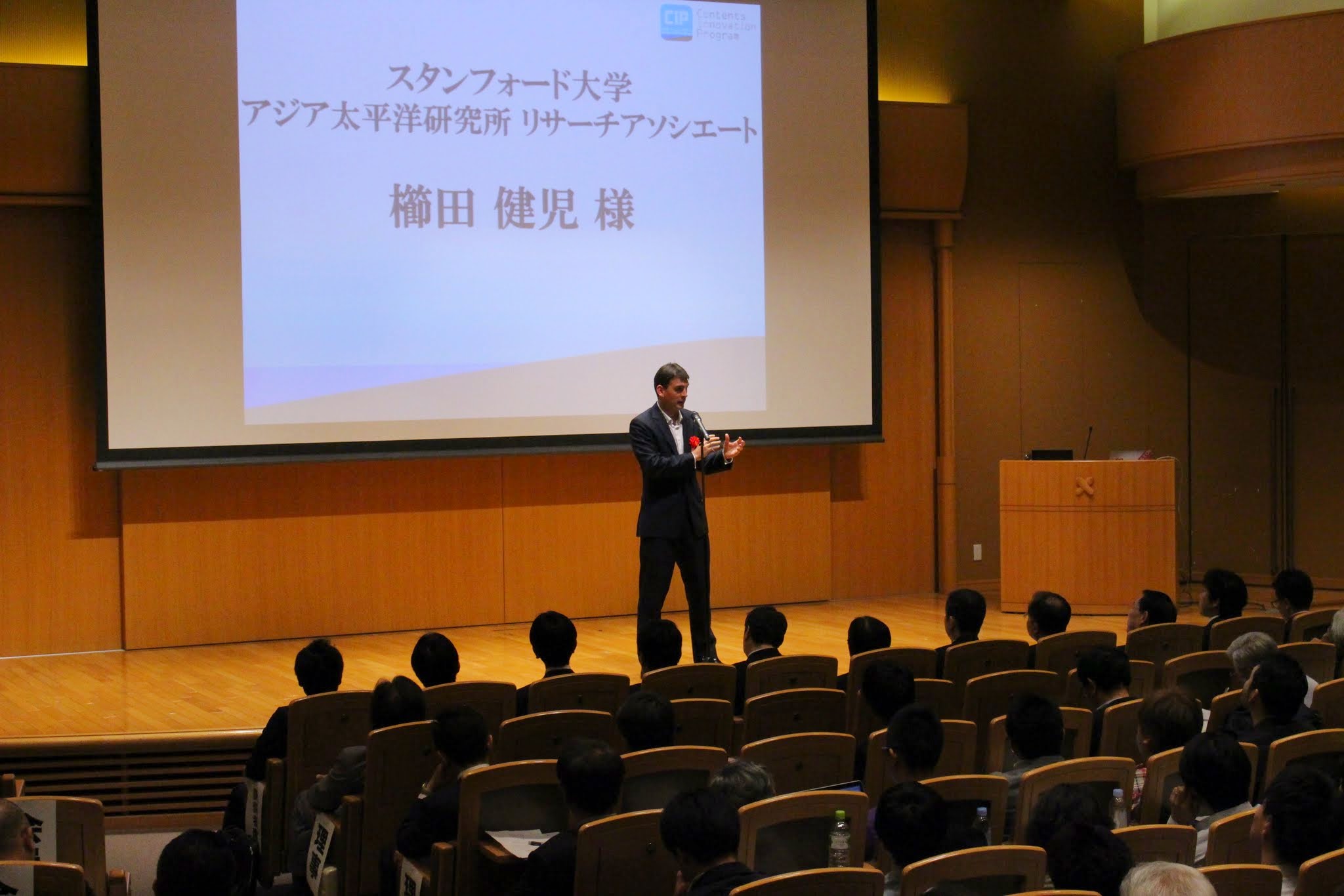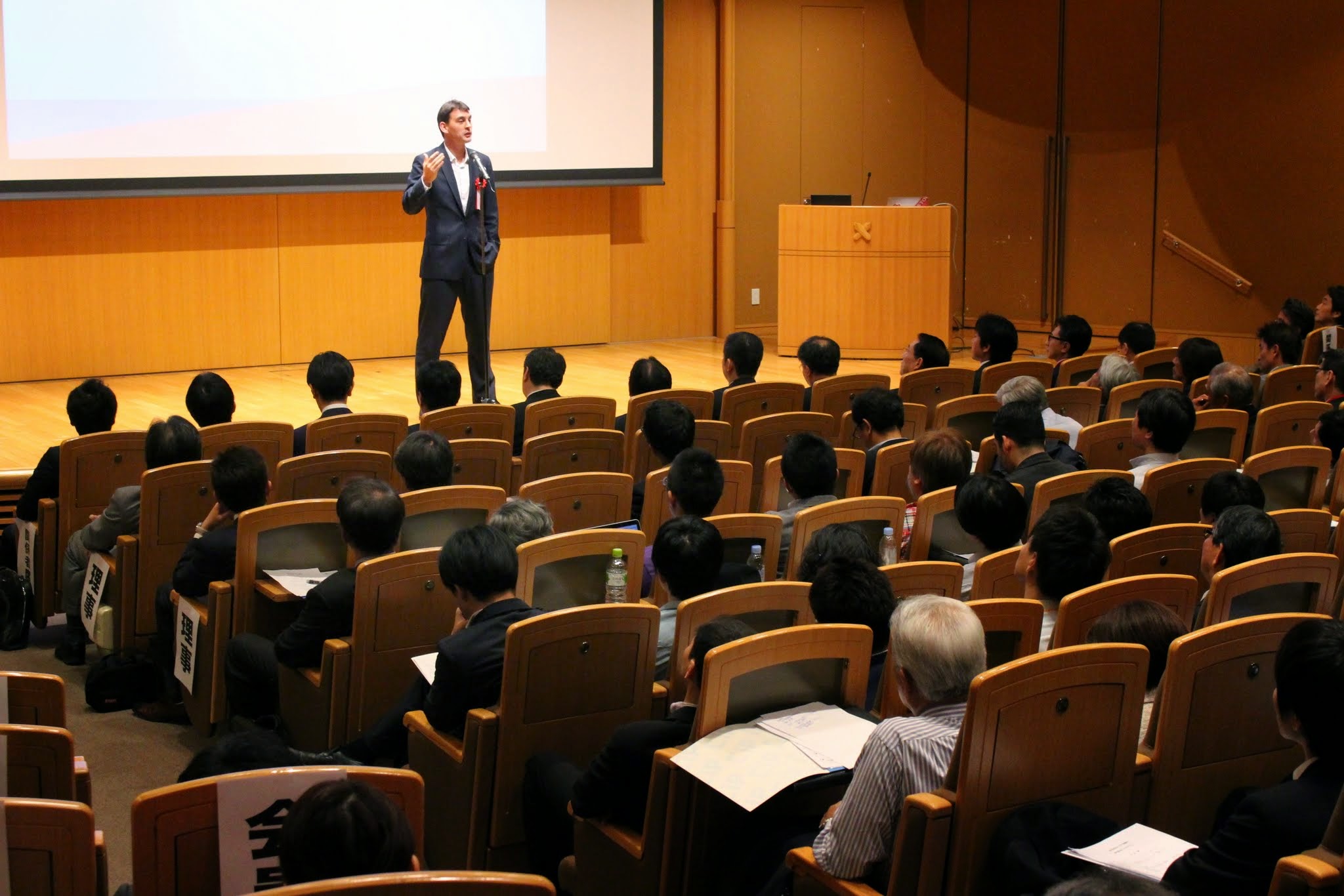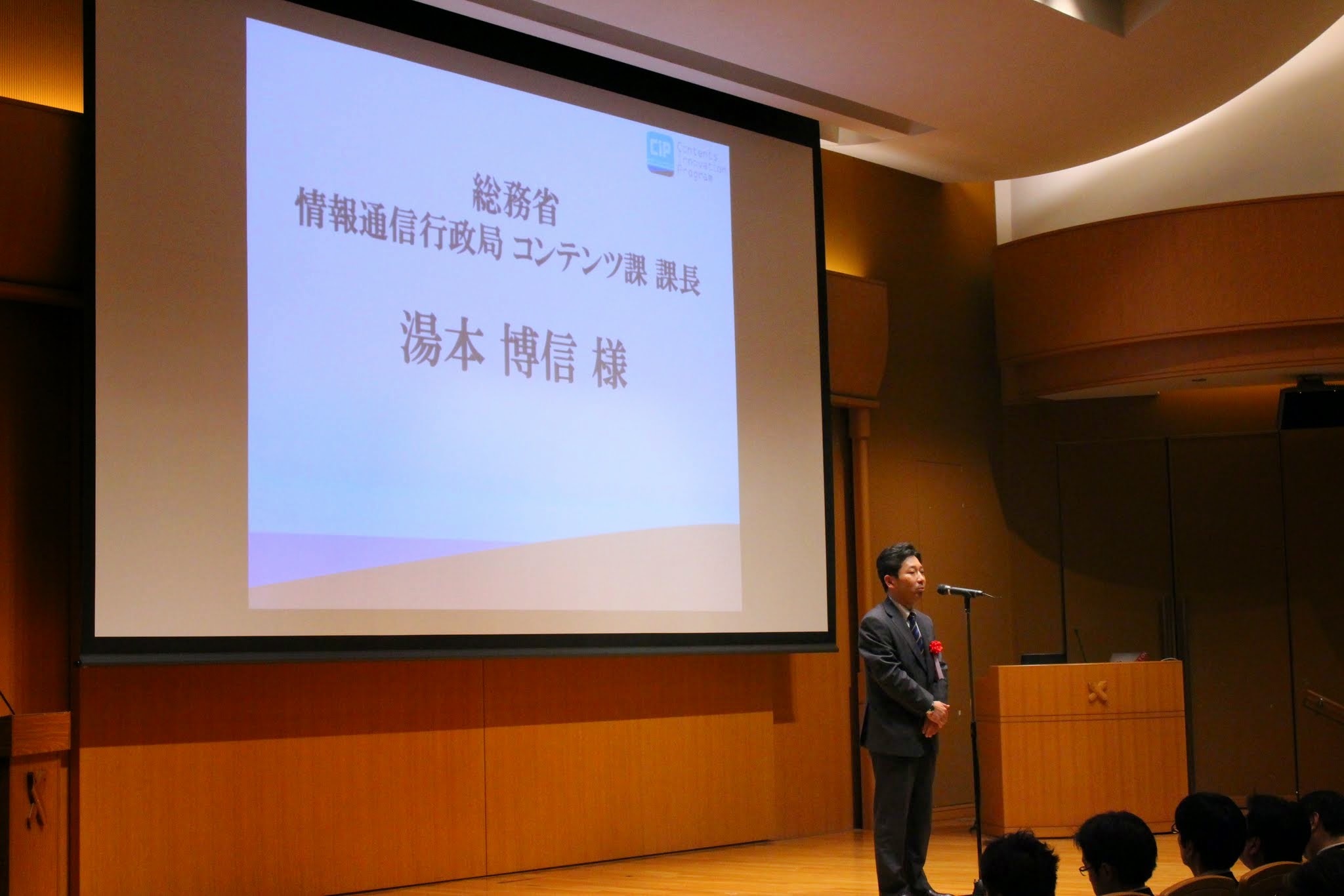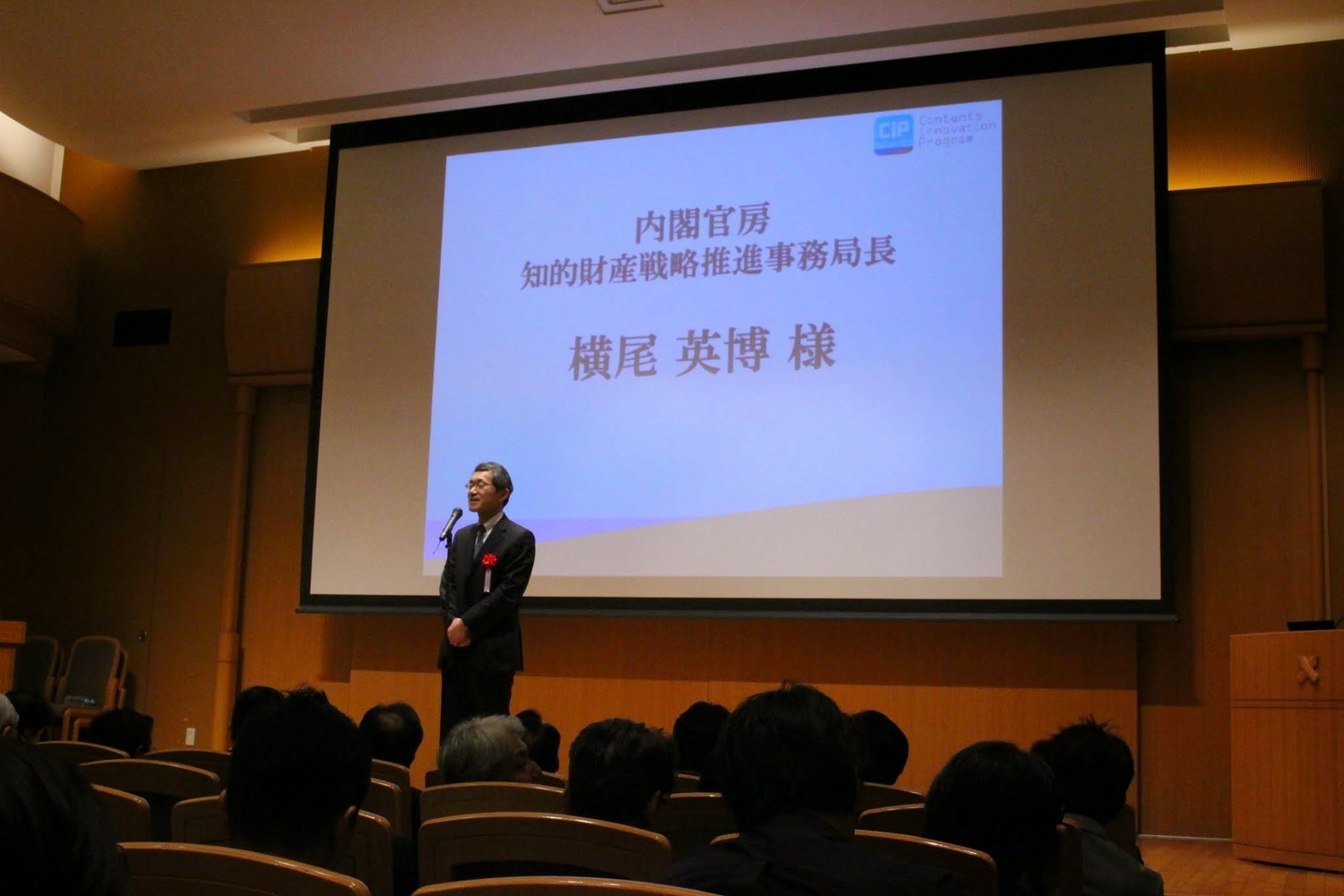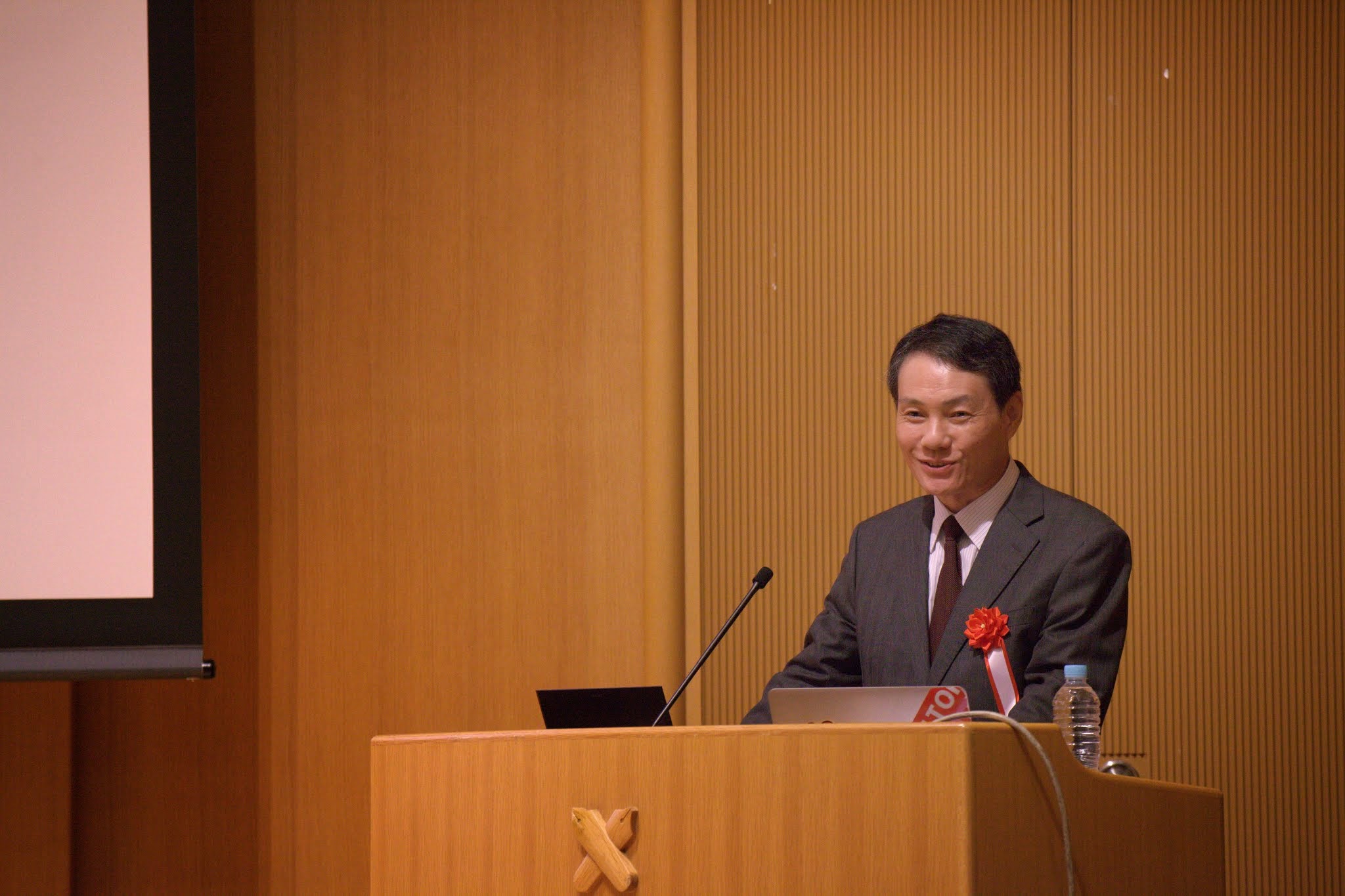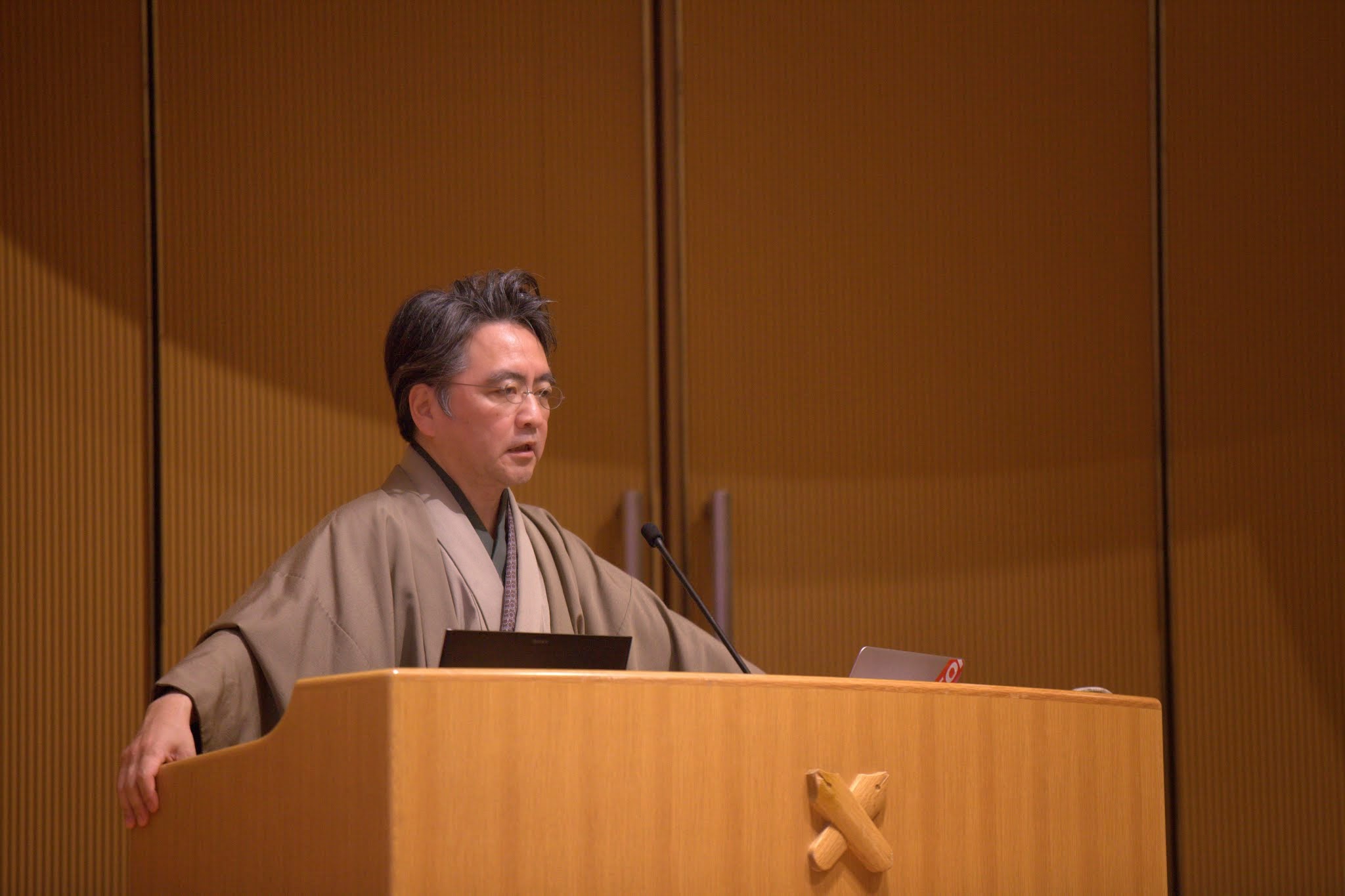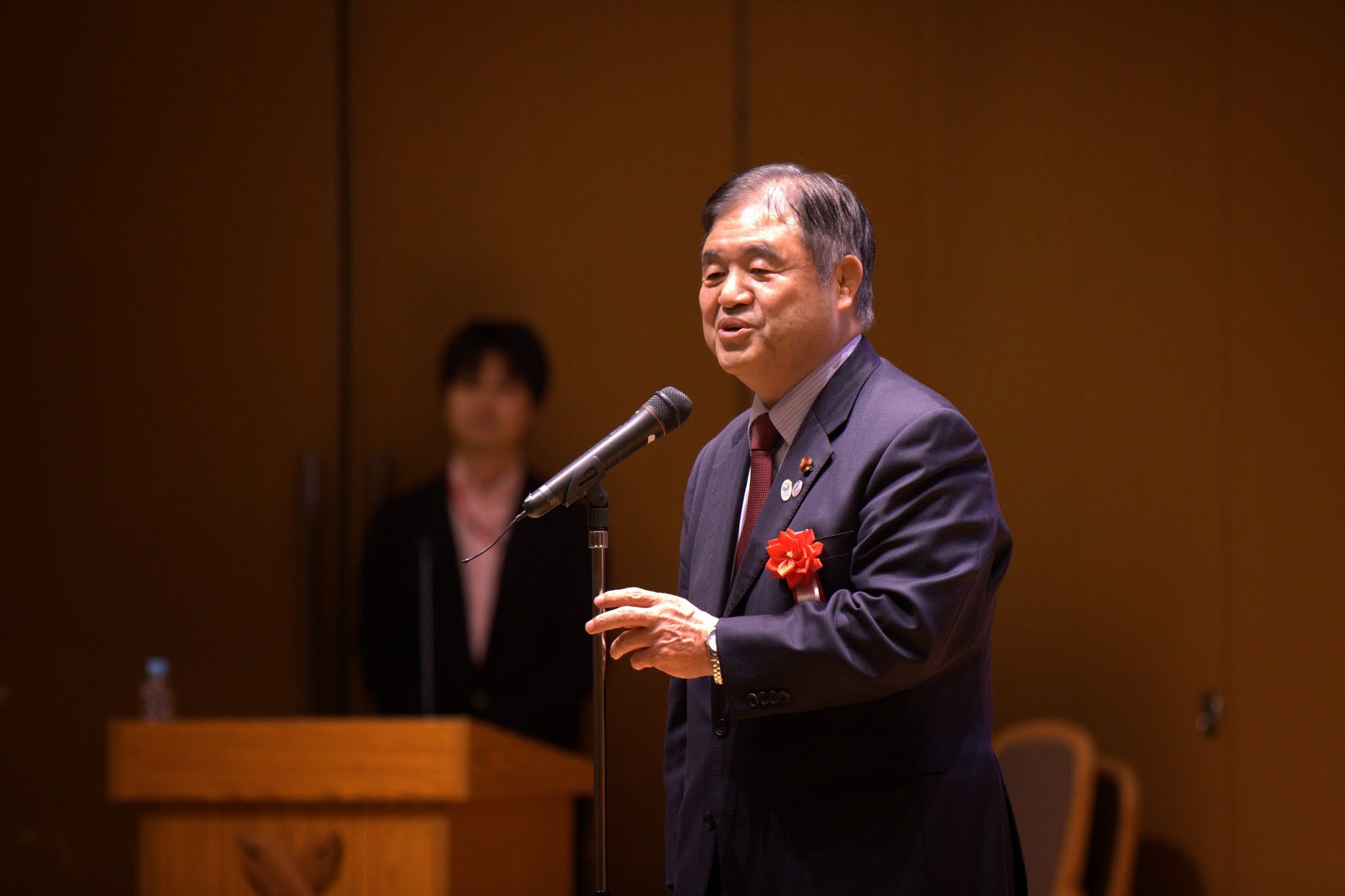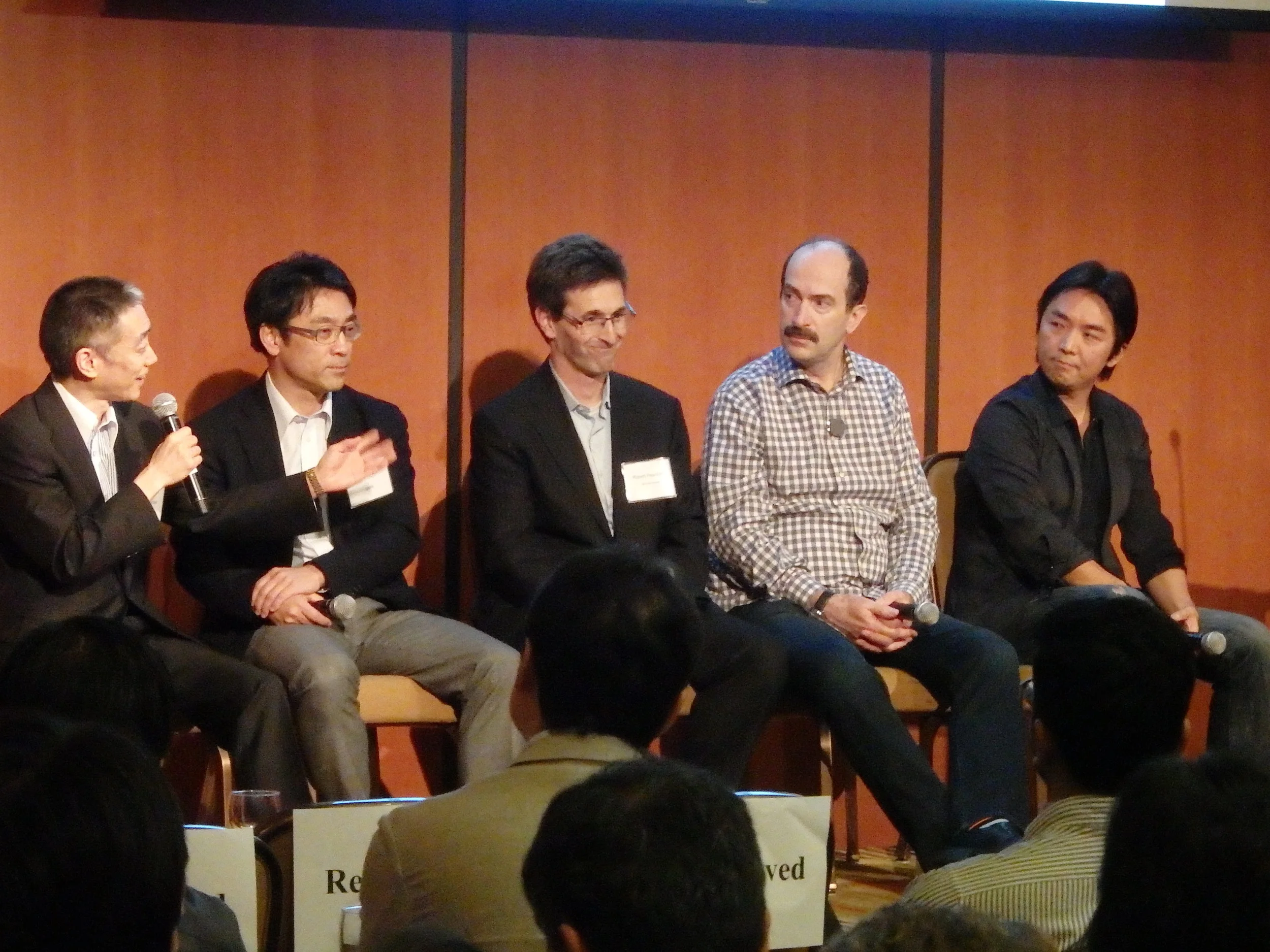We are delighted to join NEDO Silicon Valley and JETRO San Francisco in their inaugural seminar series aimed to bridge Silicon Valley and Japan. SV-NJ project leader Kenji Kushida will provide one of the keynotes highlighting opportunities for Silicon Valley and for Japan by strengthening and deepening ties. Schedule and details on RSVP page in link below.
---------------------------------------------
Event announcement (Japanese Below)
--------------------------------------------
NEDO Silicon Valley and JETRO San Francisco, in collaboration with the Stanford SV-NJ Project, invite you to the inaugural Cross-Pacific Technology Innovation Partnership (TIP) seminar on March 11th from 1:30 p.m. to 5:30 p.m., followed by a networking reception until 7:00 pm, at the Four Seasons Hotel in Palo Alto.
A new wave of technology startups are emerging and outshining large incumbents in Japan. Some are already becoming prominent in Silicon Valley. The Japanese government and a growing number of private investors are now serious and active in linking Silicon Valley with the innovation and entrepreneurial potentials of Japan, hitherto been locked into large companies.
At this special event, learn how Japanese innovation and innovative startups are changing the world. You will hear:
(1) the firsthand information on the potential of the world’s second largest R&D spending nation,
(2) soon-to-be-announced Japanese government support program for early stage investors and accelerators, inspired by successful Israel and Singapore programs, and
(3) pitches from Japanese technology startups, which include:
• large scale graphene production for heat dissipation
• image recognition algorithm with DIY interface
• fetal cell isolation in maternal blood for prenatal diagnosis
• water purification agent based on seaweed … and others.
TIP seminar aims to shrink the information gap and to build lively collaboration between Japanese technology and the Silicon Valley ecosystem. NEDO and JETRO will help you access a promising technology startup pool, and gain financial and policy support from the Japanese government.
Come and discover business opportunities in new innovation landscape in Japan, and become part of this exciting new community! We look forward to your attendance at this unique event.
Seating is limited so please RSVP from the link below by March 6th.
(Agenda is listed in linked page)
https://www.eventbrite.com/e/cross-pacific-technology-innovation-partnership-tip-seminar-tickets-15801527795
.............................................................
About NEDO Silicon Valley
New Energy and Industrial Technology Development Organization (NEDO) is the largest public R&D funding organization in Japan. NEDO Silicon Valley office supports technology startups to be competitive in global market and manage energy related technology demonstration projects in the western U.S.
About JETRO San Francisco
The Japan External Trade Organization (JETRO) is a non-profit government affiliated organization for trade and investment promotion. JETRO San Francisco helps US companies and investors in their entry into Japanese market, search for Japanese partners, and access to cutting-edge Japanese technologies.
About Stanford SV-NJ Project
The Stanford Silicon Valley - New Japan project is a committed to building a sustained platform of interaction between Silicon Valley and Japan with research, public forum series, and policy discussion and input.
www.stanford-svnj.org
................................................................
Cross-Pacific Technology Innovation Partnership (TIP) seminarのご案内
来る3月11日(水)13:30-17:30、Four Seasons Palo Altoにおいて、NEDO・JETROがStanford Silicon Valley – New Japan Projectと協力し、第1回技術イノベーション・パートナーシップ(TIP)セミナーを開催いたします。
今次セミナーでは、日本の技術系ベンチャーの状況と課題に関する講演、VC/アクセレレータに焦点を当てた新たな政府支援策の紹介に加え、NEDOプログラムに参加した12のスタートアップのサンプルピッチ、日本事情に通じたVC等によるパネルディスカッションを予定しています。
日本は豊富な技術シーズを擁しながら、事業化において米国の後塵を拝してきました。大学を含めて起業文化が育ちつつある今日、日本の技術系ベンチャー の支援がTIPセミナーの主目的です。当地で御活躍の皆様とともに、シリコンバレーと日本とを結ぶ豊かなイノベーション生態系を育んでいきたいと念願しております。
直前のお誘いとなって申し訳ありませんが、万障お繰り合わせの上、皆様の御参加を賜れば幸いです(17:30-19:00にネットワーキング・レセプションも予定しております)。
席数が限られておりますので、参加登録はお早めに以下のリンクからお願いいたします。お申し込みの締め切りは3月6日とさせていただきます。
https://www.eventbrite.com/e/cross-pacific-technology-innovation-partnership-tip-seminar-tickets-15801527795
皆様のご参加を心よりお待ち申し上げます。
